
Published:
Readtime: 7 min
Every product is carefully selected by our editors and experts. If you buy from a link, we may earn a commission. Learn more. For more information on how we test products, click here.
Lee Pace is prone to larger-than-life roles, but his time as Foundation’s Emperor Cleon has come to define the man in recent years. Now, with season three entering its climactic third act, we sat down to talk about how he’s bounced between ‘different’ characters so effortlessly.
There’s a pretty high chance that if you’re a fan of science fiction, you’re a fan of Apple TV+‘s Foundation. The classic book-series-turned-tv-show delivers on literal centuries of world-building, an incredibly diverse cast of characters, and the slow, but seemingly inevitable, collapse of a galactic civilisation. It follows a complex cast of humans scattered on planets throughout the galaxy, attempting to thrive under the oppressive reign of the Galactic Empire.
There are clones, robots and a genetic dynasty that underpins all creation, and through it all has been Lee Pace; taking on the role of the emperor of the galaxy, and his subsequent clones. Pace’s performances throughout the show’s three-season run have been varied, to say the least—from the dispassionate, violent tendencies of Cleon 2, to the narcissistic self-aggrandising of Cleon 17—and now he’s been cut loose. In season 3, Cleon 24 is unlike anything else in the show: he’s a stoner.
After years of playing more elevated roles, such as the Elvenking Thranduil in The Hobbit trilogy, and Ronan the Accuser in Guardians of the Galaxy, Pace’s Cleon 24 has more in common with a hippy than any emperor before him.
Mild spoilers for Foundation, Season three, episodes one to five.
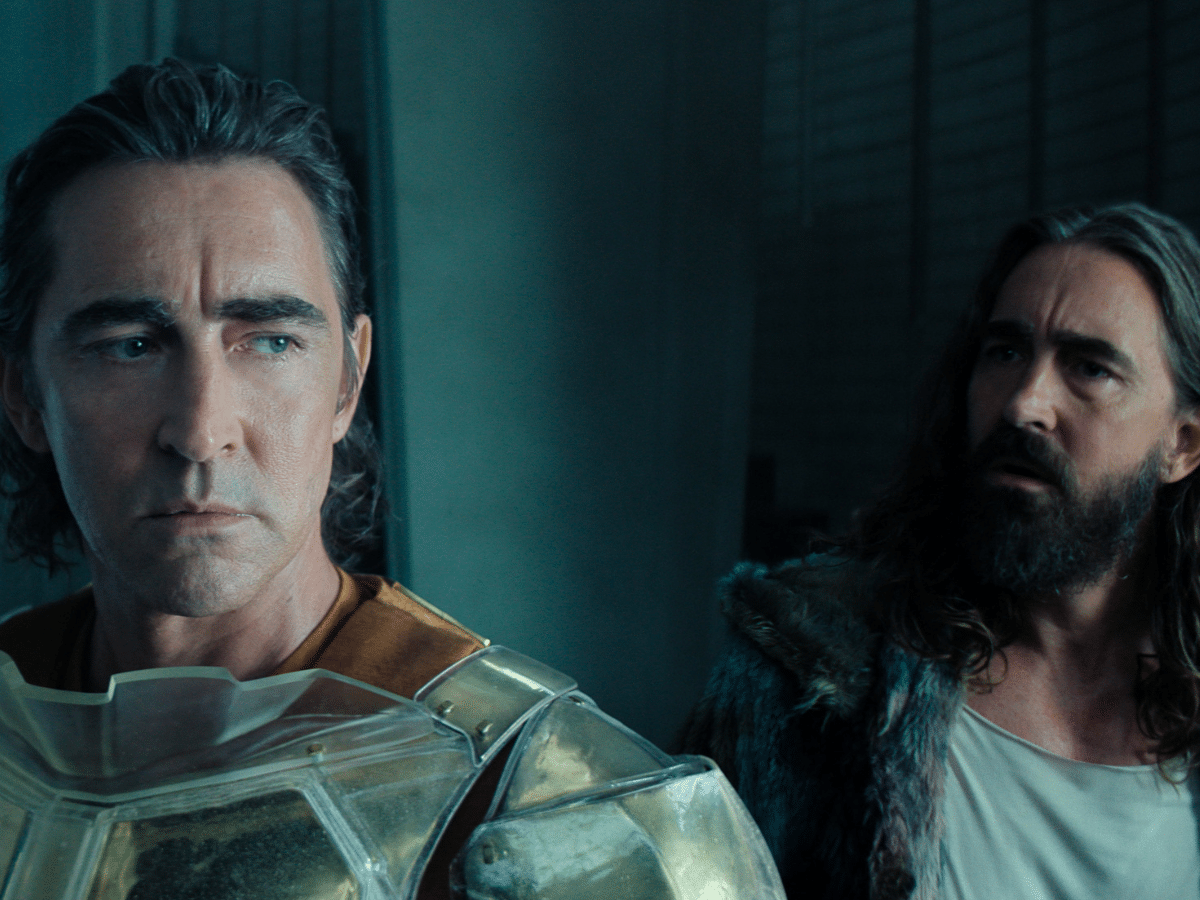
Same, But Different
As the third season of Apple TV+’s fantastic rendition of the Isaac Asimov classic enters its second half and all the bits start falling into place, Pace told Man of Many that fans who have been following the series are “really in for a treat.”
“The show is really getting hot now,” Pace said. “If people have read the books, they’re aware of ‘The Mule’ as one of the marquee characters, and he enters the story in a really big, powerful way and upends everything we’ve been building with Empire and Foundation.”
He’s not wrong, with The Mule’s efforts so far throughout the show’s third season having ranged from mind control to geocide. With the character’s appearance, Foundation has truly entered its next phase, with the foretold ‘end of Empire’ approaching at a rapid rate.
Cleon 24, though, is having a serious crisis of identity. Born into privilege and power, 24 isn’t overly interested in the trappings of ruling an empire. Instead, he’s checked out and growing more detached from the role he was born for by the day.
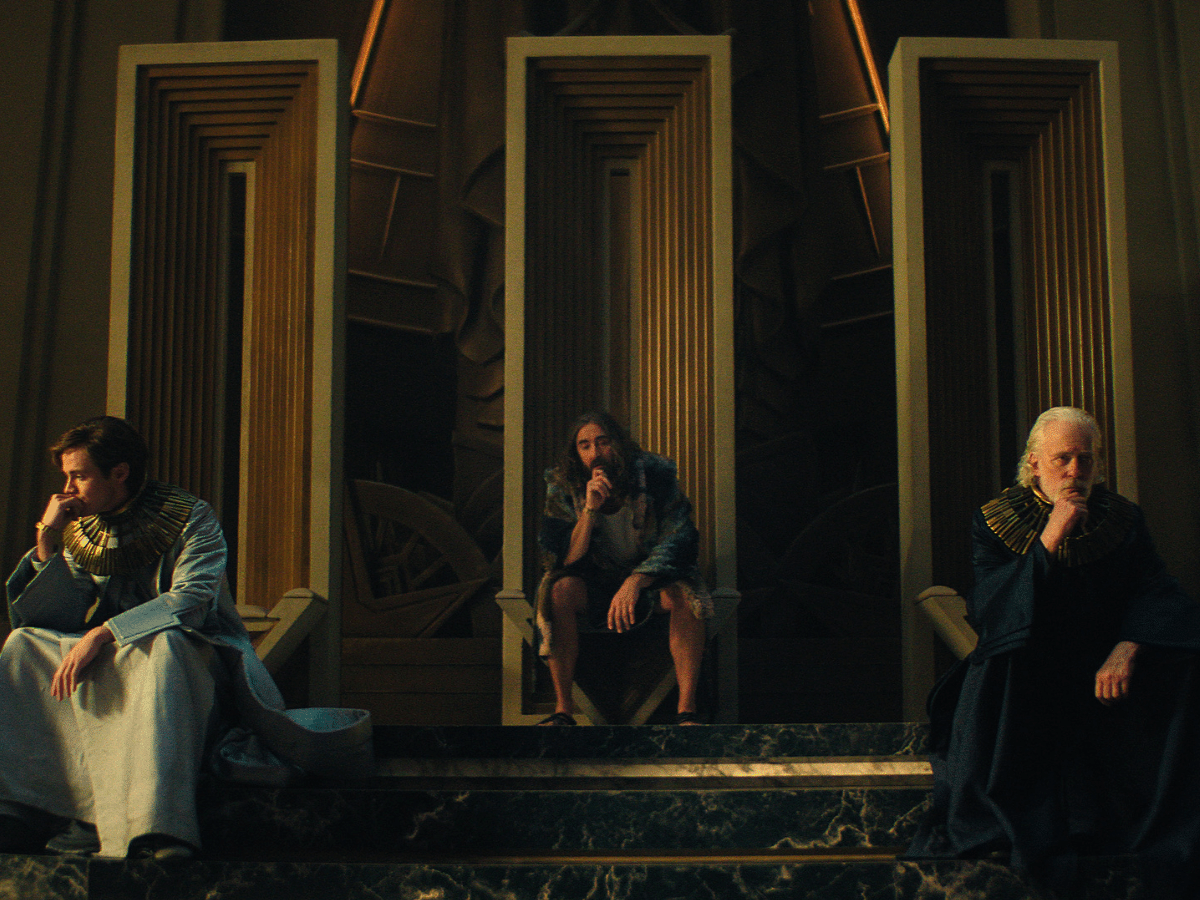
“I play a different character each season,” Pace said. “But the riddle is that they’re the same man, but they’re different men. One of the challenges I like to set myself is to make them as different as possible from their brothers I had a really good time with this one. The other Cleons [I’ve played] are very serious about being the Emperor, executing people, and bossing around trillions of people, but this guy doesn’t want to play.
“He’s checked out, living in the garden getting stoned.”
As usual, Pace nails the execution. Whereas season two’s Cleon 17 was built around an “immense sense of ego”, Cleon 24 was built to essentially be that character’s antithesis, at odds with the actor’s own pre-conceived ideas of how an emperor of the galaxy should be.
“What I landed on with last season’s is that inside is a narcissistic belief that he’s the hero of the story.”
In order to arrive at that place, Pace meditated on what power tends to do to an already narcissistic man and, having observed many such people in our collective culture, came to understand the blind spots and weaknesses inherent in that approach to life.
“In powerful men that I know and that I observe in culture, there is a sense of ego about them that is incredibly narcissistic and it’s like a black hole of energy around them… they only seem to excel as long as they are sucking people into that void,” he explained. “This season, I’m playing the antithesis of that. I’m playing someone who has no interest in that power. He’s had power thrust on him, but he doesn’t recognise it, he’s just not interested.”
What that means for Empire, and Foundation, is anyone’s guess at this point, but with the third season of Foundation entering its second half, we’re bound to find out soon.
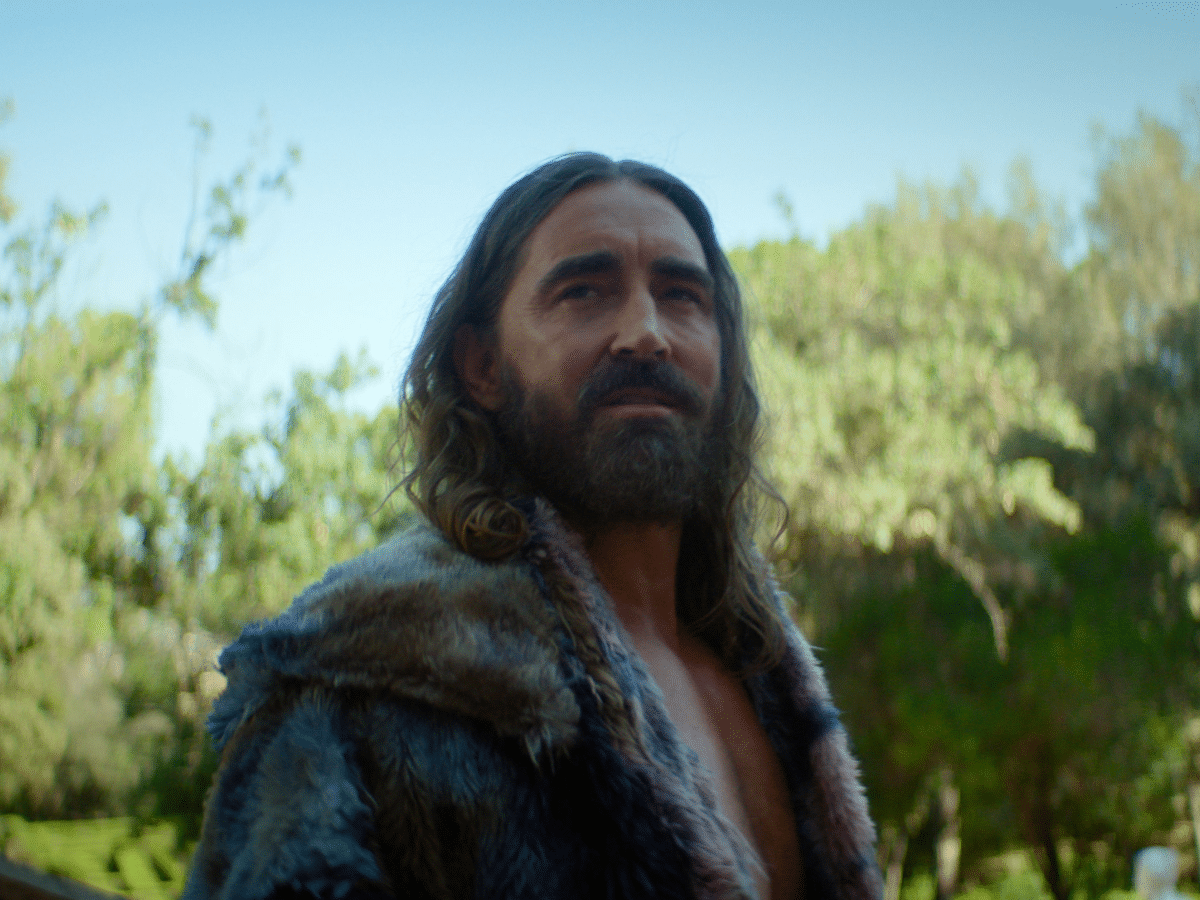
Time as a Character
Only in science fiction, or fantasy, can you have characters that believably live for hundreds, or thousands, of years, and yet it’s a running theme in Foundation: so much so that the passing of time is something of a character itself.
“Between the first and second seasons, we snapped around 130 years, now 152 years between the second and third season, and we’ve got a robot who is the clone’s mother who is 5,000 years old,” Pace notes.
With characters that span an enormous amount of time, the book (and show, by extension) is able to tackle far larger concepts and conflicts than most. Key to that, Pace said, is The Mule: a mysterious character prophesied in the first episode of season one, glimpsed momentarily in season two, and finally appearing in the flesh in season three.
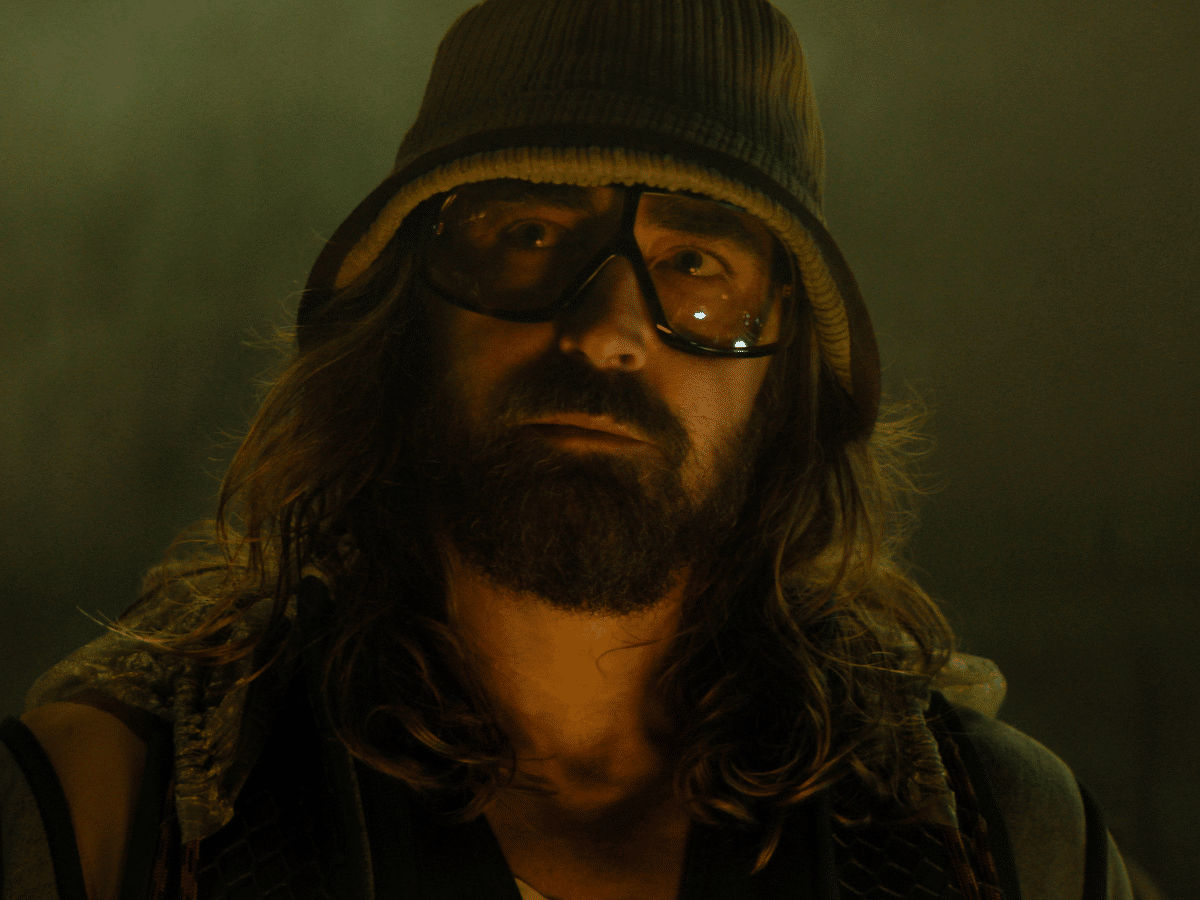
The Mule is a chaos that will crumble civilisation, Pace said, not through a big battle where one team will be declared victorious, but in a more holistic way: the foundation (pardon the pun) of civilisation will collapse, the edges start to fray, and everything will just fall apart like a “sheet of paper in water”.
“It’s a vision of what the end of days looks like, as opposed to a big blood bath, and I find that really interesting.”
The story of Asimov’s original Foundation concept was based on the collapse of the Roman Empire: a famously complex series of failures and events that ultimately led to the Empire declining in power, fracturing, and ultimately falling apart. The difference here, of course, is that you have characters who live to witness the entire collapse.
“We’ve got these characters that cheat death and span this enormous amount of time. Time is a huge character in our story.”
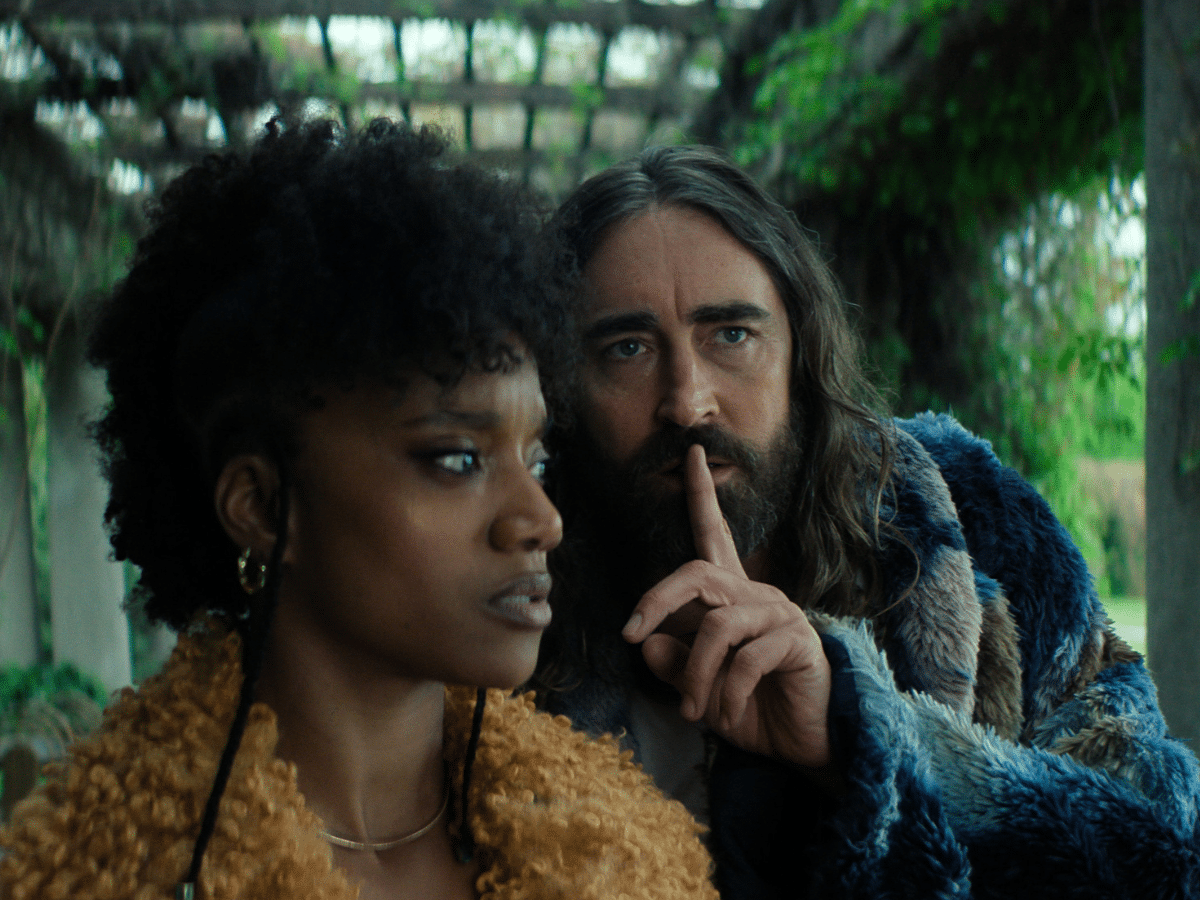
Larger than Life
Pace has a penchant for taking on larger-than-life roles, from the Cleon clones in Foundation to his time ruling over a kingdom of elves in Peter Jackson’s The Hobbit trilogy, to taking on the Guardians of the Galaxy as Ronan the Accuser—a somewhat obscure, but physically imposing, character from Marvel’s back catalogue.
When asked what draws him to such roles, Pace laughs.
“What draws them to me is the question. I’m not an elf, an emperor, or an alien as far as I know, but I’ve had a great time playing them.
“[I’ve been given] total creative space, so I feel lucky to have been able to have a good time in this job. Even when it’s really dramatic scenes, which I take seriously, you’re still wearing a long blue robe and armour… It’s absurd it’s pretty fun. It’s a fun way to live.”
Season three of Foundation is streaming now on Apple TV+. The unique sci-fi series is based on renowned author Isaac Asimov’s book series of the same name and follows a complex saga of humans scattered on planets throughout the galaxy. Ruled by the Galactic Empire, these beings must thwart the misadventures of time and space to preserve their culture before it ultimately shatters around them. Foundation stars Lee Pace, Lou Llobell. Jared Harris, Leah Harvey and Australia’s own Daniel MacPherson.
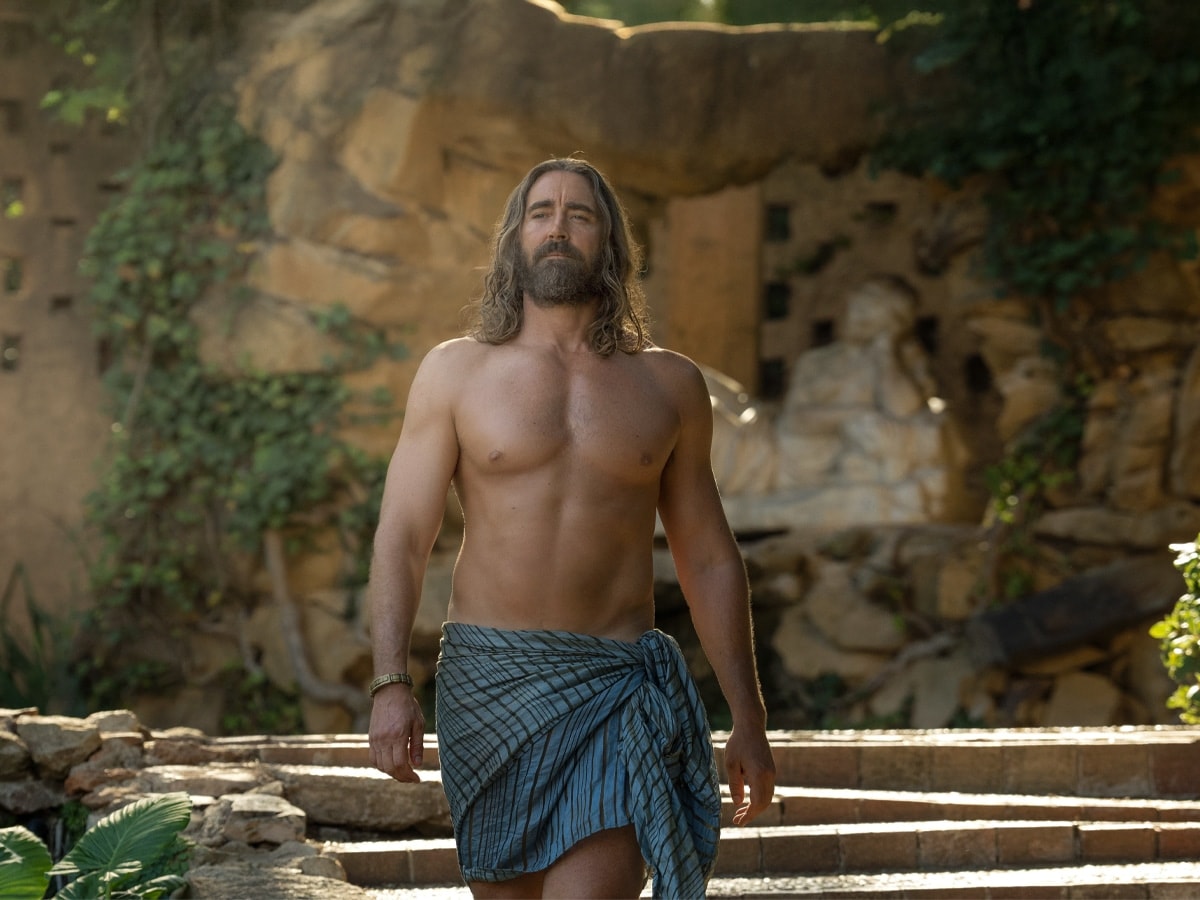






























Comments
We love hearing from you. or to leave a comment.